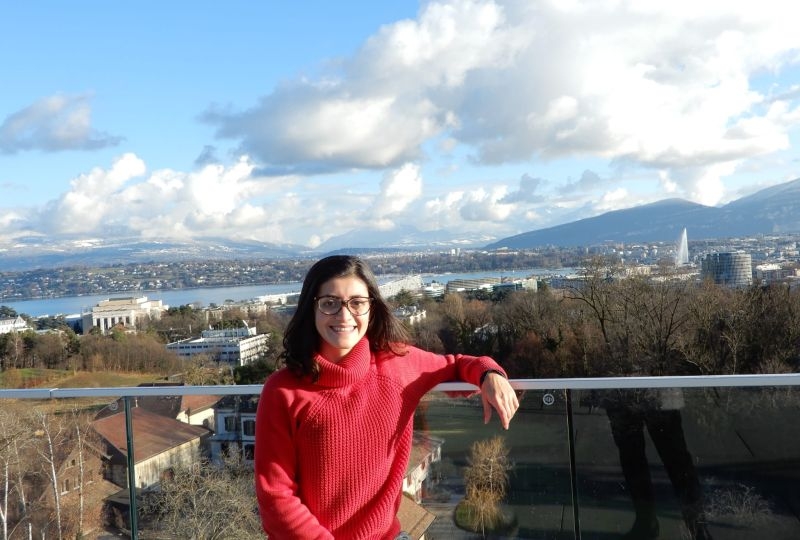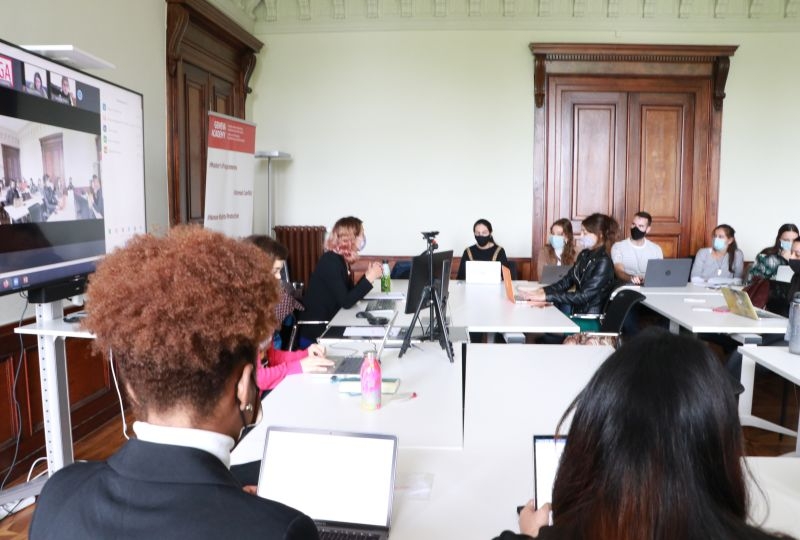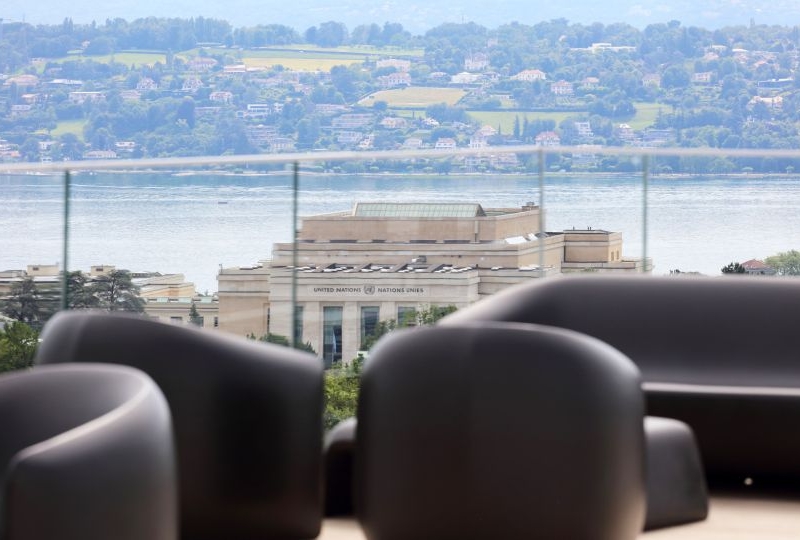My name is Diana Cristina, and I am from Pijao, a lovely town in the coffee region of Colombia.
I completed my undergraduate studies in political science at the Universidad del Rosario in Bogotá and a master's degree in Democratic Governance and Civil Society at the Osnabrück University in Germany. In my free time, I love the feeling of freedom that riding a bike or travelling gives me, but I also enjoy staying at home watching a good movie or immersing myself in a book.
My work and academic experience focused on a wide range of topics concerning bottom-up approaches in designing policies and programmes in post-conflict societies. In Colombia, I worked for the national government and civil society organizations promoting civic engagement in memorialization and reconciliation processes. I was also an activist in the democratic opposition of local communities against mega-mining projects. These experiences gave me important and different insights into the intersection between peace and development.










